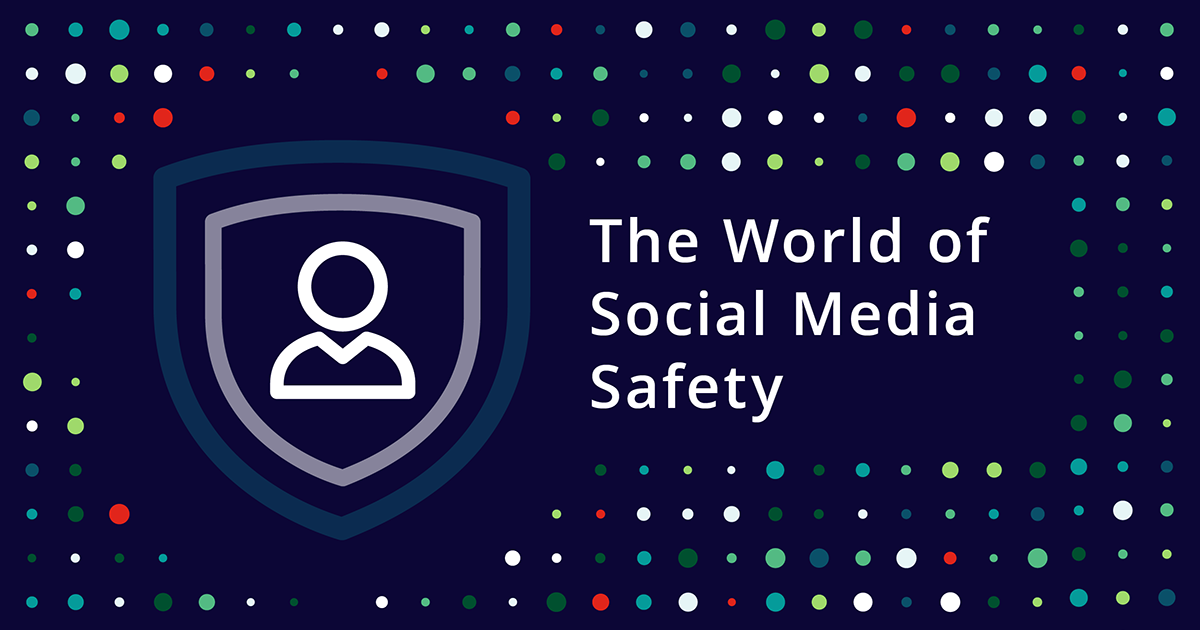
Top 5 Tips to Combat Identity Theft
Oh, the accessibility of the digital age! Smart devices have made online credit card purchases, banking and bill-pay a breeze. But where we find convenience, cyber burglars can find opportunity. In 2016, 10% of people age 16 and older had been victims of identity theft during the previous year, according to the Bureau of Justice Statistics.1 Anyone could become a scam victim.
1. Phone call scams
If you are a habitual caller ID watcher, I salute you! Not all phone calls from an unknown number are bad, but they should make you think twice. The Federal Trade Commission reports that phone calls are the top scamming choice of fraudsters.2 Practice some assertiveness to stay safe.
Be wary of unsolicited callers, including:3
- Government agencies. It’s uncommon for them to reach out to you first, or ask for personal information.
- Charities or fundraisers that you haven’t contacted.
- Callers who are trying to sell you something, or say you’ve won a prize.
- Someone claiming to be a relative in trouble. Practice caution, and do some research before giving info.
- Aggressively rude people.
- People who are threatening or demanding information.
- Those who pressure instant access to payments.
- Unknown numbers.
- Illegal robocalls or prerecorded automatic phone calls.
- One-ring phone calls. Don’t return them. Doing so could set you up with fees and charges.
Protect yourself:
- NEVER GIVE or VERIFY personal or financial info to people you do not know over the phone. This includes your social security number, bank account information, credit card number, etc.
- Put your phone number on the National Do Not Call Registry. Though this is not a fail-safe, it’ll help you recognize legitimate versus spammy calls.
- Look into call-blocking mobile apps such as Calls Blacklist – Call Blocker for Android or RoboKiller: Block Spam Calls for Apple; call screening devices or blocking tools from your phone service provider.
- Immediately hang up on the might-be con artists!
- You can question the callers and get detailed information. Legit companies and charities will be happy to answer your questions. But fraudsters want to spam you, and do it in a hurry.
- Never follow directions of prerecorded messages. They could be phishing calls.
- Never pay fees for supposedly won prizes.
- Trust your gut.
- Do your own research. If you’re afraid your account could be in danger, go to the source, bank or business. And deal directly with them.
Tip: For more information about debt-collection scams and tips on how to identify a fraudulent phone call, visit our Security Center.
2. Internet games and social media
Who doesn’t like to check out which celeb looks most like you, answer “get to know me” quizzes on social media or let people know what great adventure you’re on? But within those quizzes and posts you could be providing personal info that could help cyber thieves. Sharing personal info such as your full name, birthdate, home address, credit card and bank account numbers can make identity theft very easy. So be super careful with the information you let loose.
Think twice before sharing:
- Credit card or banking account numbers.
- Your mother’s maiden name, your first pet, high school, street name, etc. These are typical security questions.
- Treat security question answers as passwords and protect them as such.
- Access to your email or Facebook info.
- Your child(ren)’s information.
- Check-ins on vacation, or even around town. Doing so shows your “friends” that you’re not home and could be burglarized.
3. Passwords and PINs
It’s a pretty good assumption that you have more than one account password. As keys to your sensitive info, those passwords should be safeguarded so you can better protect your identity and information.
Here’s how to create a strong password:
- Create a solid password that is complex and long.
- Use numbers, symbols, capital and lower-case letters.
- Do NOT use personal info such as birthdates, anniversary date or addresses.
- Use a different password for every account.
- Utilize two-factor authentication when applicable.
- Do NOT write down your passwords.
- If you have to write your passwords down, keep that info in a secret, safe place where no one can access them.
- If necessary use a password manager like Last Pass for Android or Apple, or Dashlane for Android or Apple. But practice caution since these can easily become the unlocking key to all your accounts.
4. Shred documents with personal info
When you throw out bills, mail or even prescription bottles without shredding the info, you could be providing prime clues to identity thieves. A truncated account number, bank name and some private info can be searched to find enough information to open accounts in your name.4 Boom, identity stolen! You would be amazed what a fraudster could find out just by sifting through garbage for a few minutes.
Best bet, shred those papers:
- Financial documents – anything with account numbers.
- Documents with personal info – social security numbers, birthdates, driver’s license numbers, etc.
- Passwords or PINS – try not to write these down in the first place.
- Mailed offers / “junk mail” – these could have personal info that would make it easy for fraudsters to steal your ID.
5. Phishing
Email phishing tactics are a lot like phone call scams. The emails trick people into giving personal info to be used for identity theft. According to the Federal Trade Commission, fraudsters send thousands of phishing emails every day, and sadly, they often find success.4 Always be suspicious of emails asking for your personal information. Even if it’s from a company or business you know, be careful. Scammers’ emails can look genuine, so it’s important to learn how to identify suspicious emails.
Ron Shuck, Director of Information Security at CURO Financial Technologies Corp (the holding company for Speedy Cash), suggested some insightful tips. "Always look at the details before you click a link. The bad guys are upping their game. Cons can look incredibly legitimate, and may not have the typos and language mistake that used to be common. A common trick is to make the link look real with a minor change, like www.spedycash.com, which is missing an ‘e’ so it looks okay at a quick glance.
On the phone, scammers will usually give you some sense of urgency to provide the information. They may be rude or even unprofessional. Even if the “customer server rep” is pleasant and kind, you should be very cautious about handing over your personal information. Call the company back at a number you verify, if there is a reason for the company to have your information.”
Be cautious of emails that:5
- Ask for personal info or want confirmation.
- Claim failed log-in attempts or potentially dangerous account activity.
- Ask for payments and request you to click on links.
- Send fake invoices or bills.
- Include winnings, free stuff, or refunds.
You can’t be too careful
When it comes to identity theft and financial fraud, you can’t be too cautious. If you fall victim, it can take years to get your life organized and protected again. Safeguard your info and protect your identity by not giving out sensitive material by phone or email, using care when posting on social media, creating strong passwords, and shredding sensitive documents. Make the steps to take your cyber security to the next level for your safety now and for the future.
Sources:
1Harrell, E. Ph.D. (2019, January 8). Victims of Identity Theft, 2016. Retrieved from Bureau of Justice Statistics: https://www.bjs.gov/index.cfm?ty=pbdetail&iid=6467
2Vaca, M. (2020, January 23). The top frauds of 2019. Retrieved from Federal Trade Commission: https://www.consumer.ftc.gov/blog/2020/01/top-frauds-2019
3Staff. (2020, January 24). Phone Scams. Retrieved from AARP: https://www.aarp.org/money/scams-fraud/info-2019/phone.html
4Ledford, J. (2020 February 02). Documents You Should Shred to Prevent Identity Theft. Retrieved from The Balance: https://www.thebalance.com/shred-mail-identity-theft-1947644
5Staff. (2019, May). How to Recognize and Avoid Phishing Scams. Retrieved from: https://www.consumer.ftc.gov/articles/how-recognize-and-avoid-phishing-scams



